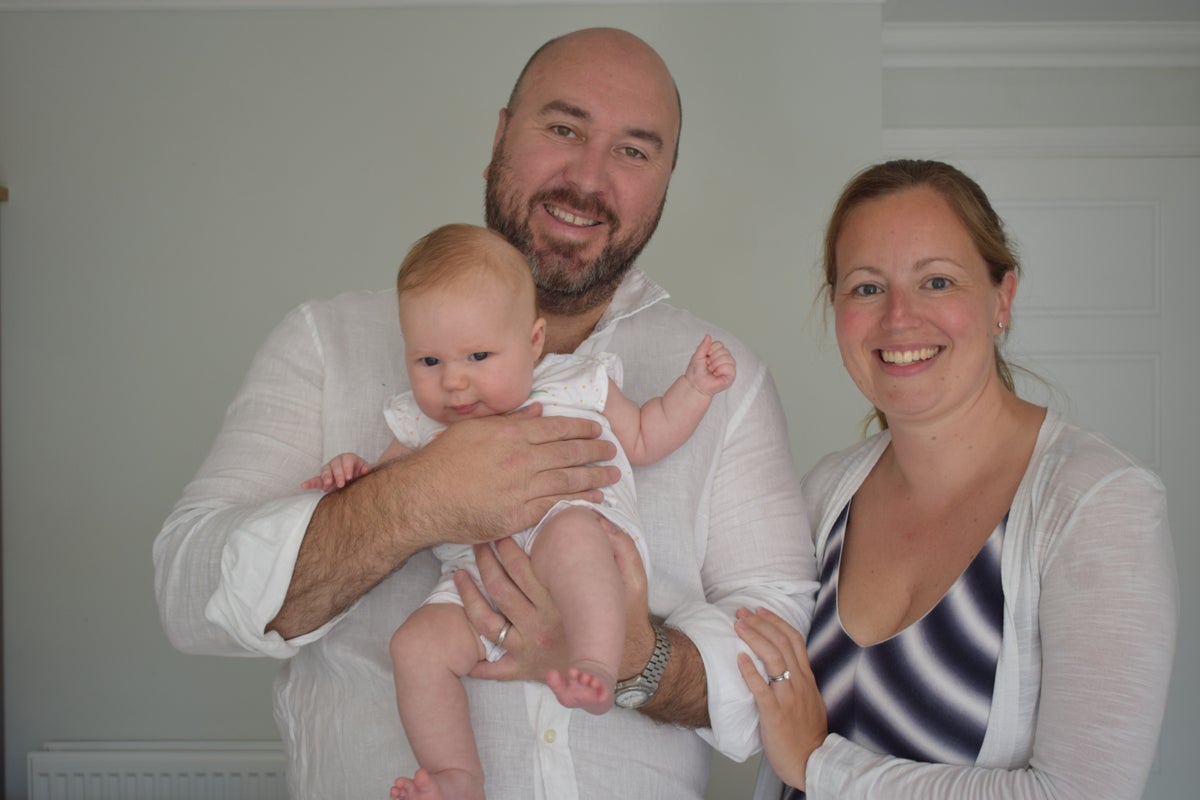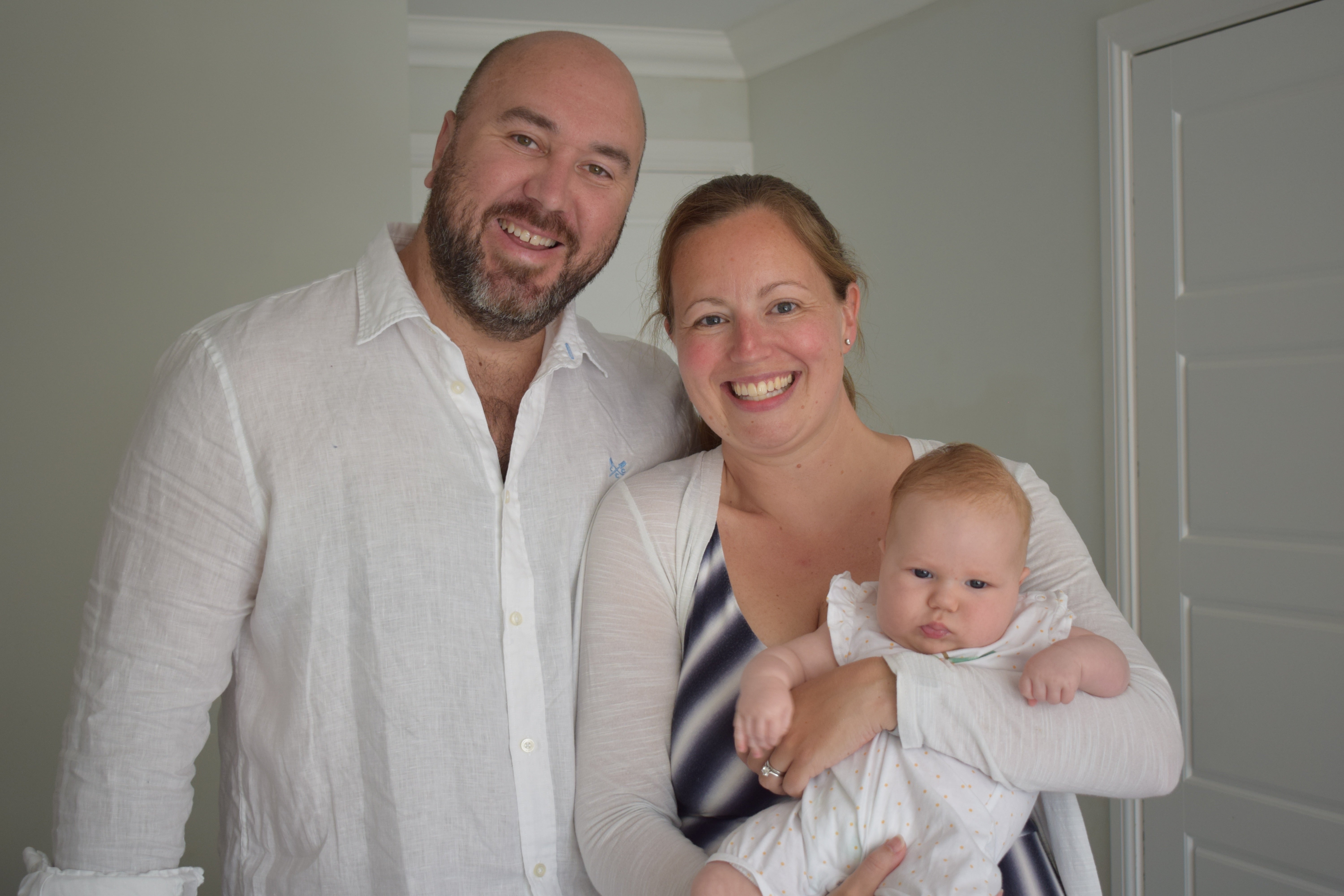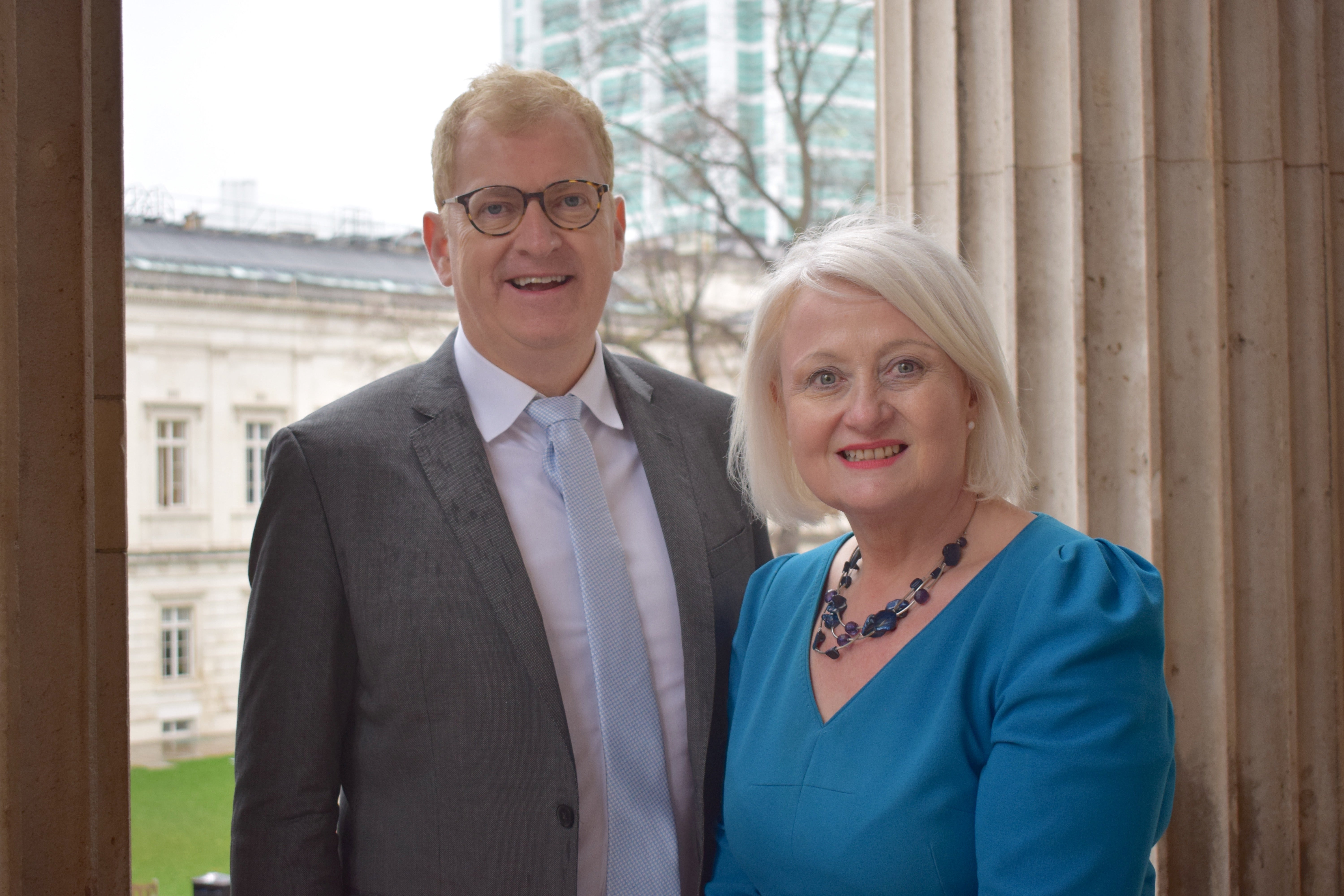Dad’s aggressive brain cancer vanishes after taking new drug

A new immunotherapy trial for the deadliest form of brain cancer, glioblastoma, is now recruiting patients after one individual experienced a remarkable outcome, seeing his tumour vanish.
The NHS study, set to enrol 16 people over an 18-month period, has been established in memory of Baroness Margaret McDonagh, who succumbed to the disease.
Patients diagnosed with glioblastoma will receive the immunotherapy drug ipilimumab prior to standard treatment, capitalising on the immune system’s peak strength.
This trial, conducted by University College London Hospital’s National Hospital for Neurology and Neurosurgery, builds on a previous study involving the same drug, which had closed due to insufficient recruitment.
Ben Trotman, a patient from that earlier trial, has shown no signs of glioblastoma for over two years since receiving the drug – a world first, given most glioblastoma patients typically die within 12-18 months.
Mr Trotman was diagnosed in October 2022 at the age of 40.
Now aged 43 and two years and eight months on from having the treatment, his scans are clear and there are no signs of tumour.

Consultant medical oncologist, Dr Paul Mulholland, who is leading the new trial and treated Mr Trotman, said: “It is very unusual to have a clear scan with glioblastoma, especially when he didn’t have the follow-up surgery that had been planned to remove all of the tumour that was initially visible on scans.
“We hope that the immunotherapy and follow-up treatment Ben has had will hold his tumour at bay – and it has so far, which we are delighted to see.”
Mr Trotman got married to Emily two months after the immunotherapy treatment and in April, his daughter Mabel was born.
Mrs Trotman said: “Getting this diagnosis was the most traumatic experience. We were grappling with the fact that Ben had gone from being apparently perfectly healthy to having months to live.
“Had we not met Dr Mulholland, that would have been it for us. We felt we had a lucky break in an otherwise devastating situation.”
Mr Trotman went on to have the current standard treatment of radiotherapy and chemotherapy. He has quarterly scans, which continue to be clear.
Mr Trotman said: “We obviously don’t know what the future holds but having had the immunotherapy treatment and getting these encouraging scan results has given Emily and I a bit of hope.
“We are focused on rebuilding the life we thought we had lost and enjoying being parents.”
Dame Siobhain McDonagh MP led a fundraising campaign to raise more than £1 million to cover the costs of the new trial.
Her sister, Baroness McDonagh, died from glioblastoma in 2023.

Dame Siobhain said: “My beloved sister Margaret was appalled to discover that there had been no advances in brain cancer treatment for decades when she was diagnosed with glioblastoma.
“Changing this was Margaret’s final campaign and one that I have continued in her memory.
“I am so grateful to the many people who knew and respected Margaret who have come together and helped to raise funds and campaign for this new trial that we are calling Margaret’s Trial.”
Dr Paul Mulholland said: “When I met Margaret she said to me ‘what can I do to support you to cure this disease?’.
“I am incredibly grateful to her and to Siobhain whose campaigning and fundraising in her sister’s memory has led to this new clinical trial opening for patients with this most aggressive form of brain cancer that has such a poor prognosis, with most patients surviving just nine months after diagnosis.
“The crucial element of this trial is that patients will have their immune system boosted by the drug before they have any other treatment, when they are fit and well enough to tolerate the immunotherapy.
“We’re taking everything we have learned from previous trials into this new study and we are already planning follow-on trials.
“My aim is to find a cure for glioblastoma.”
The National Brain Appeal is currently funding two posts in support of Dr Mulholland’s research.
Treatment will take place at the NIHR UCLH’s Clinical Research Facility and at the National Hospital for Neurology and Neurosurgery.
Patients interested in the new Win-Glio trial should discuss it with their consultant.
Source link






